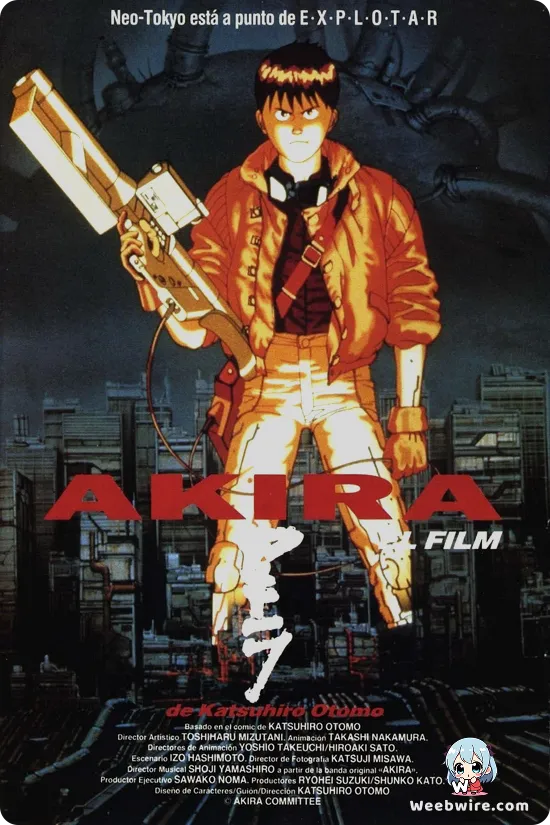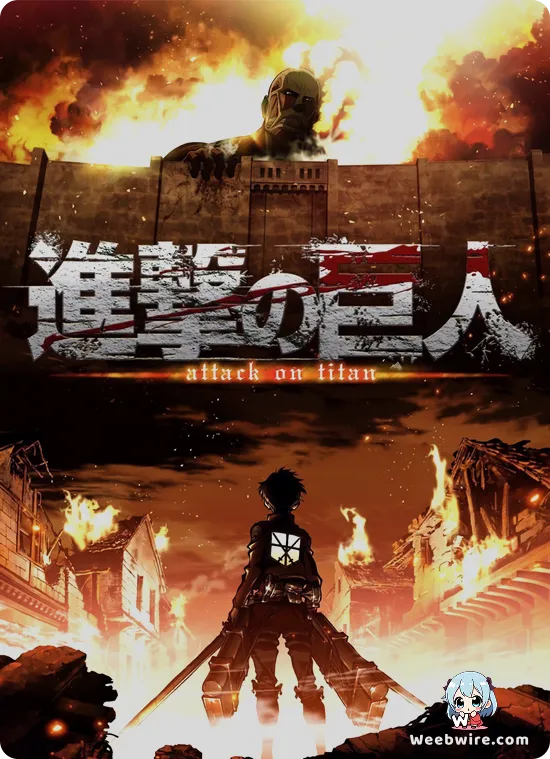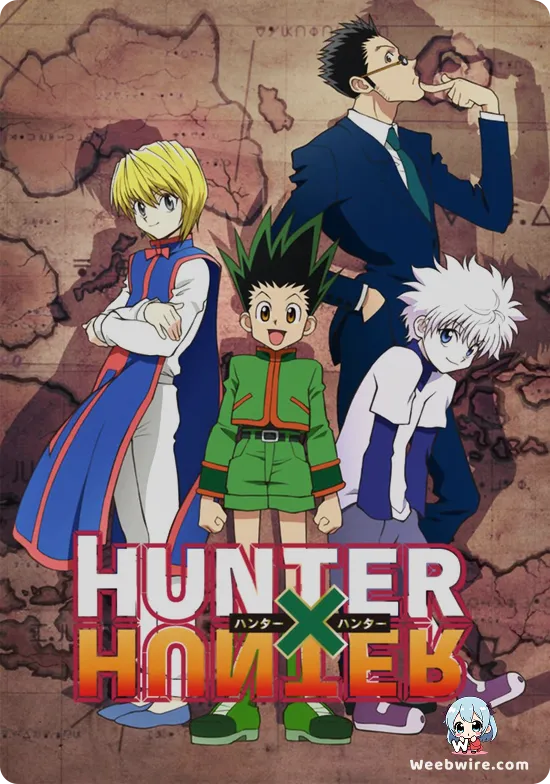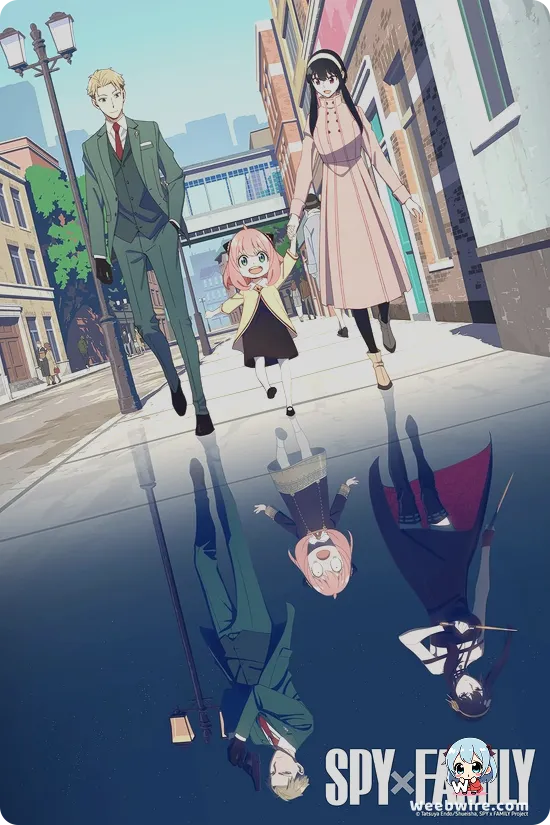

© Tokyo Movie Shinshawww.crunchyroll.com
Overview
Step into the mesmerizing, chaotic world of Neo-Tokyo, the epic backdrop for Katsuhiro Otomo's groundbreaking 1988 animated masterpiece, Akira. This seminal Japanese film plunges viewers into a dystopian metropolis, painstakingly rebuilt after a catastrophic psychic event obliterated old Tokyo. The city, a dazzling neon-soaked labyrinth, seethes with political corruption, rampant terrorism, and the visceral clash of biker gangs. At its heart lies the explosive dynamic between Shotaro Kaneda, the fiercely loyal leader of a delinquent biker crew, and his childhood friend, Tetsuo Shima. Their lives irrevocably change after a violent encounter with a rival gang leads to Tetsuo’s capture by a clandestine military unit. Subjected to chilling secret experiments, Tetsuo awakens to a terrifying surge of psychic powers, eerily reminiscent of the legendary Akira, the very entity that caused Tokyo's initial destruction. As Tetsuo's newfound abilities spiral into destructive madness, threatening to unleash another apocalypse, Kaneda finds himself reluctantly drawn into a desperate resistance movement, aligning with a band of enigmatic psychic children. The military, in a frantic attempt to contain the escalating crisis, only fuels the impending catastrophe. Akira is a profound meditation on power, its corrupting influence, the relentless march of evolution, and the cyclical nature of destruction and rebirth. Renowned for its unparalleled animation, meticulous framing, and a haunting score that perfectly encapsulates its grim futurism, the film offers an immersive, visceral sensory experience. Its visceral depiction of psychic phenomena and horrifying body transformations remains visually striking, crafting a densely layered narrative that rewards multiple viewings. Akira stands not merely as a landmark in animation but as a cultural colossus that has indelibly shaped global pop culture and the cyberpunk genre.
Opinion
Akira remains an uncompromising masterpiece, a breathtaking fusion of technical innovation and existential dread that continues to captivate and challenge audiences decades after its release. Its vision of a future both awe-inspiring and terrifying is delivered through animation that was, and largely still is, revolutionary. The level of detail, fluidity, and sheer ambition in every frame sets an impossibly high bar, crafting a dystopian Neo-Tokyo that feels tangibly real, where decay and futuristic splendor exist in a constant, uneasy embrace. The narrative, while complex and dense, is expertly structured, weaving together threads of political conspiracy, profound social commentary, and deep philosophical inquiry into a relentless, kinetic plot that never loosens its grip. Character development is meticulously handled; Kaneda emerges as a brash yet undeniably loyal leader, while Tetsuo’s harrowing descent into madness is portrayed with a horrifying intensity that elicits both pity and terror. Supporting characters like Kei and the enigmatic psychic children add crucial layers of depth and pathos to the sprawling saga. The film’s graphic violence is never gratuitous; it serves a deliberate purpose, underscoring the film’s powerful themes of unchecked power, generational trauma, and the precarious balance between creation and annihilation. Akira explores identity, destruction, and rebirth with a maturity and nuance rarely seen in animated works, culminating in an ending that is both enigmatic and profoundly resonant, leaving an indelible mark on the viewer. Its enduring relevance, reflecting anxieties about technology, society, and the human capacity for both brilliance and barbarity, is testament to its timeless quality. Akira’s colossal influence on the cyberpunk genre, globally and within Japan, is immeasurable, solidifying its status as an undisputed cornerstone of animated cinema. While some might find its narrative density and visceral imagery challenging, its artistic vision and thematic weight are undeniable.
Characters
Shotaro Kaneda
Voice: Mitsuo Iwata
Colonel Shikishima
Voice: Shûichirô Moriyama
Tetsuo Shima
Voice: Nozomu Sasaki
Kei
Voice: Mami Koyama
Kiyoko
Voice: Yuriko Fuchizaki
Credits
Studio
Tokyo Movie Shinsha
Cover Art
<<image placeholder: Katsuhiro Otomo>>
Publisher
Kodansha
Producers
TMS Entertainment, Bandai, Kodansha
Episodes
Season 1
1 episodesInformation
Genres
Related Anime

Fullmetal Alchemist: Brotherhood

Attack on Titan

Hunter x Hunter Story, Characters, Revival News, & Similar Anime

Gintama.: Slip Arc

Mob Psycho 100 III
